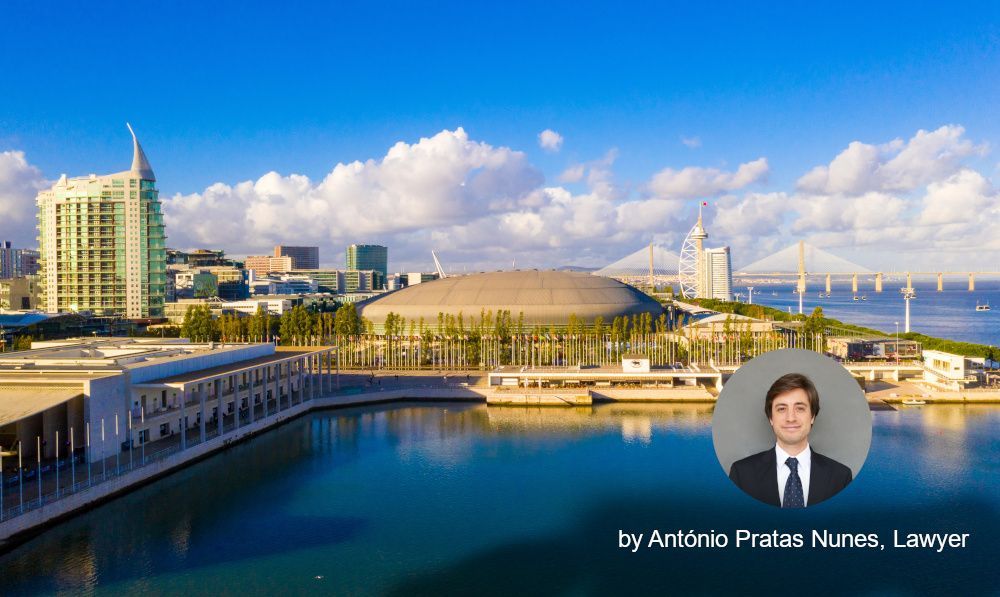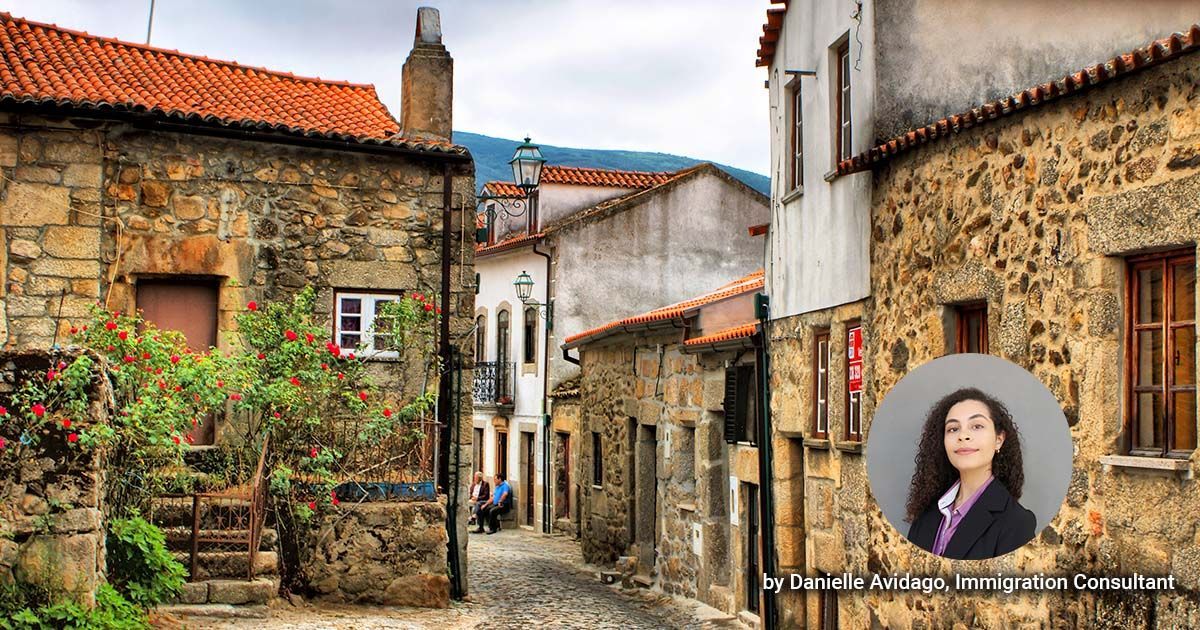New State of Emergency – What Changes from 9th December Onwards
9 December 2020
A new State of Emergency has come into force at 12am on the 9th December. Since it changes every two weeks, this new State of Emergency is adopted until the 23rd December.
The rules are the same as before and keep the whole territory divided in 4 COVID levels:
- Moderate: Municipalities with < 240 cases per 100,000 inhabitants in the last 14 days;
- High: Municipalities with a number of cases between 240 and 479 per 100,000 inhabitants in the last 14 days;
- Very high: Municipalities with a number of cases between 480 and 959 per 100,000 inhabitants in the last 14 days;
- Extremely high: Municipalities with > 960 cases per 100,000 inhabitants in the last 14 days.
Where do I check which level is my municipality?
Please click here
to know which municipalities are within the 4 levels.
What changed from the previous State of Emergency?
For municipalities with a “high” risk level, in addition to the measures applied to the entire continental territory:
- Action to monitor compliance with mandatory remote working;
- Maintenance of the opening hours of establishments (10pm, except restaurants and cultural facilities at 10:30pm).
For “very high” and “extremely high”
municipalities, in addition to the measures applied to the entire national territory, the following also apply:
- Action to monitor compliance with mandatory remote working;
- Prohibition of circulation on public roads between 11pm and 5am on weekdays;
- Prohibition of circulation on public roads after 1pm, during the next two weekends (12-13 and 19-20 December);
- During weekends, commercial establishments and restaurants must close at 1pm (with a few exceptions).
Which measures are applicable in the 4 zones?
1. Mandatory use of mask in the workplace
2. There is the possibility of carrying out body temperature measurements, through non-invasive means, at:
- Workplaces;
- Educational institutions;
- Means of transportation;
- Commercial, cultural and sporting venues.
3. There is also the possibility of requiring diagnostic tests for COVID-19, in access to:
- Health facilities;
- Residential venues;
- Educational establishments
- Professional establishments at the entrance and exit of national territory – by air or sea
- Other locations, by determination of the DGS.
4. Another measure is to mobilize human resources to strengthen screening capacity (e.g., conducting epidemiological surveys, contact screening, monitoring of people under active surveillance);
In summary
All citizens living in the country must join in a nation-wide effort to contain the virus.

In Portugal, the annual income tax return for the 2024 tax year – IRS Modelo 3 – must be submitted between 1 April and 30 June 2025. Even though, you may request an extension of the filing deadline until 31 December of the same year by submitting Modelo 49 of the Portuguese Personal Income Tax system in certain circumstances.

A nova legislação veio transformar o regime das Autorizações de Residência para cidadãos da CPLP. Entre as principais mudanças, destaca-se a introdução de um cartão físico com validade de 2 anos, a necessidade de visto consular prévio, e o acesso à livre circulação no Espaço Schengen – algo até agora inacessível com este tipo de autorização.

Bought a new or recently renovated home in Portugal, only to find leaks, cracks, or other defects? You may be entitled to legal protection under Portuguese law, with warranty periods ranging from five to ten years. Learn how to identify defects, notify the responsible party, and take action. This article explains your rights and the steps to protect your investment.








